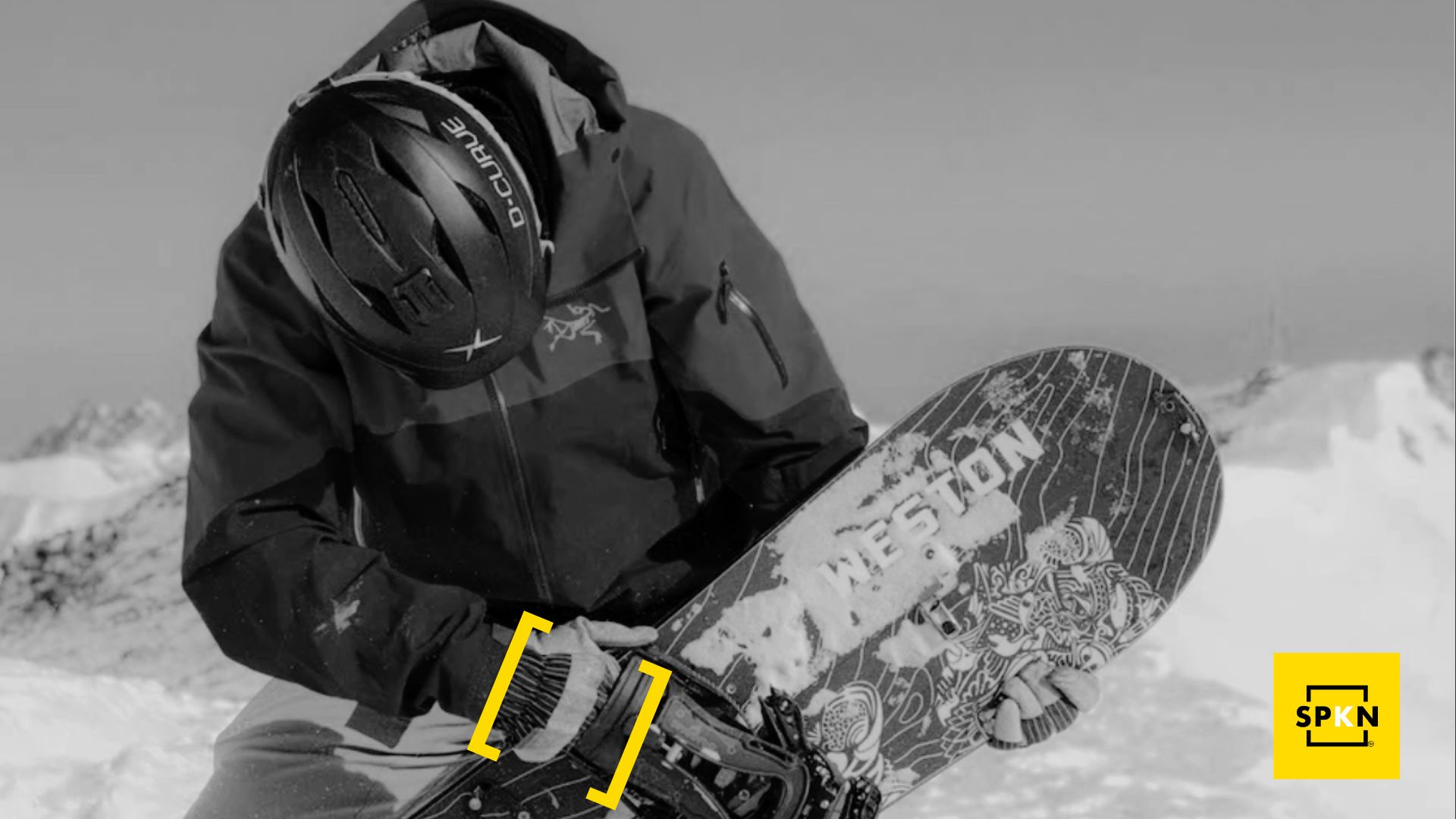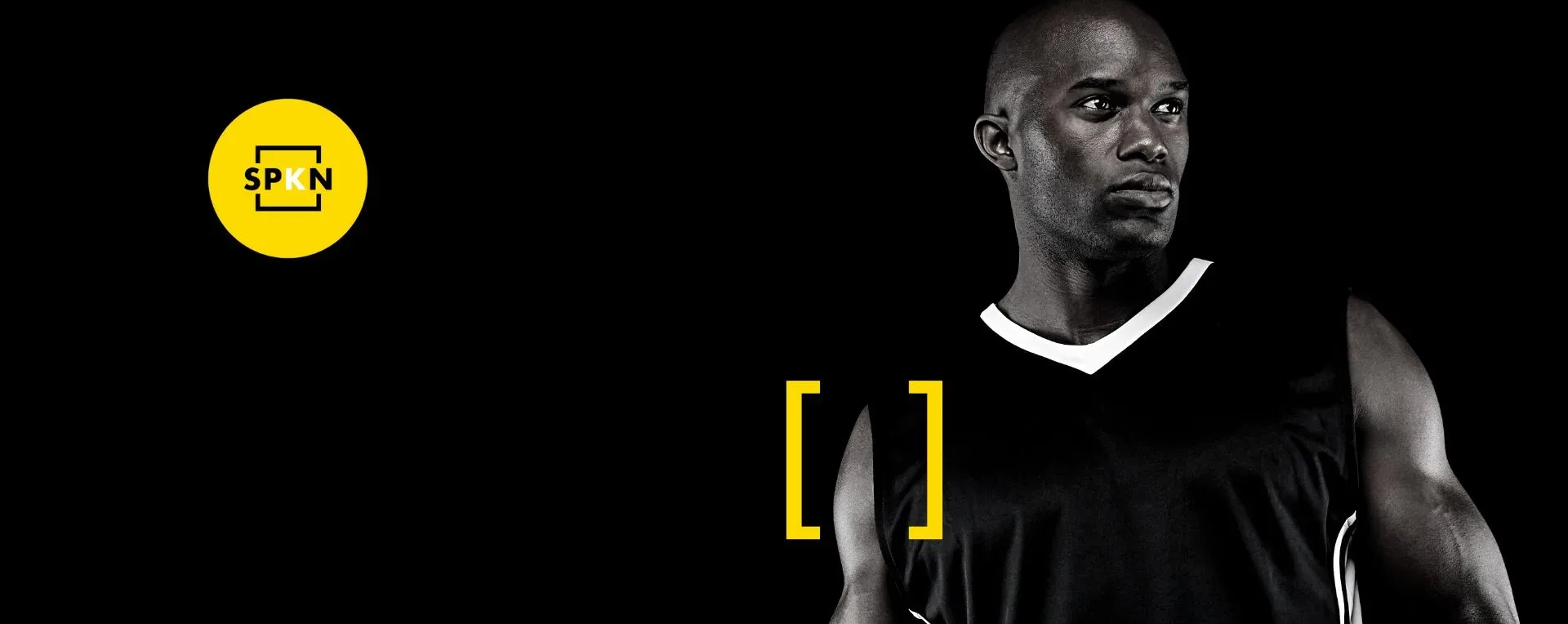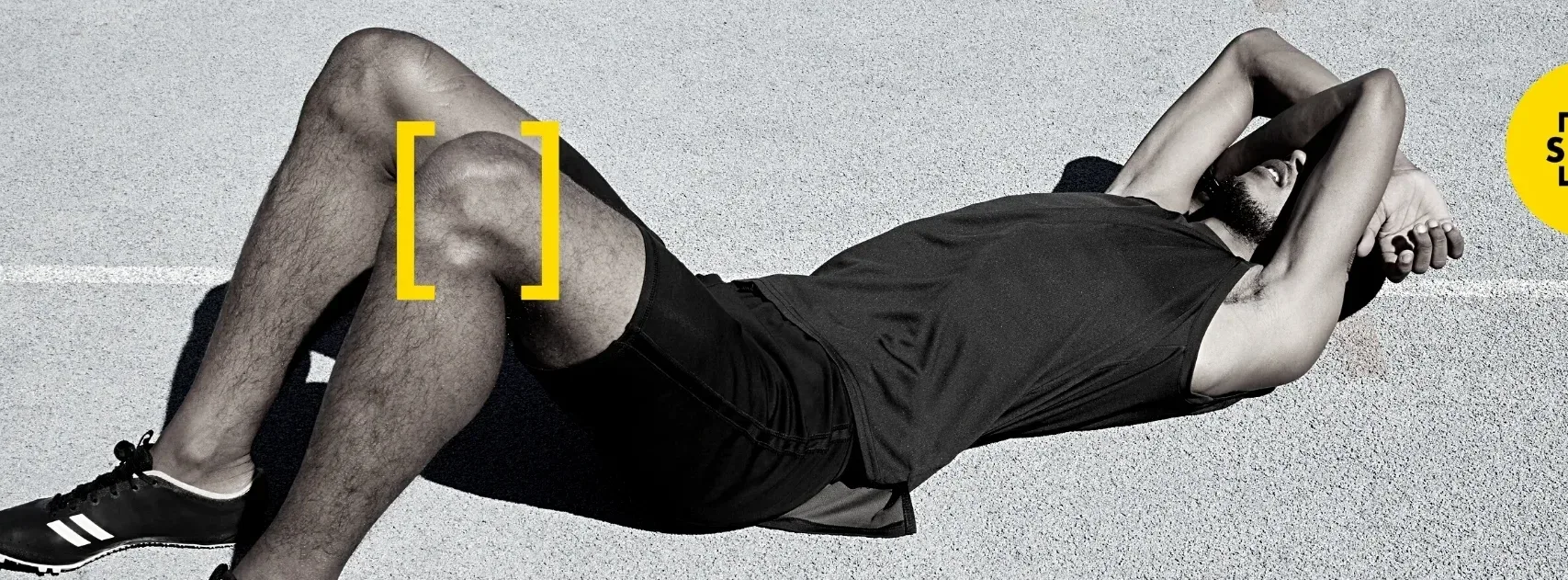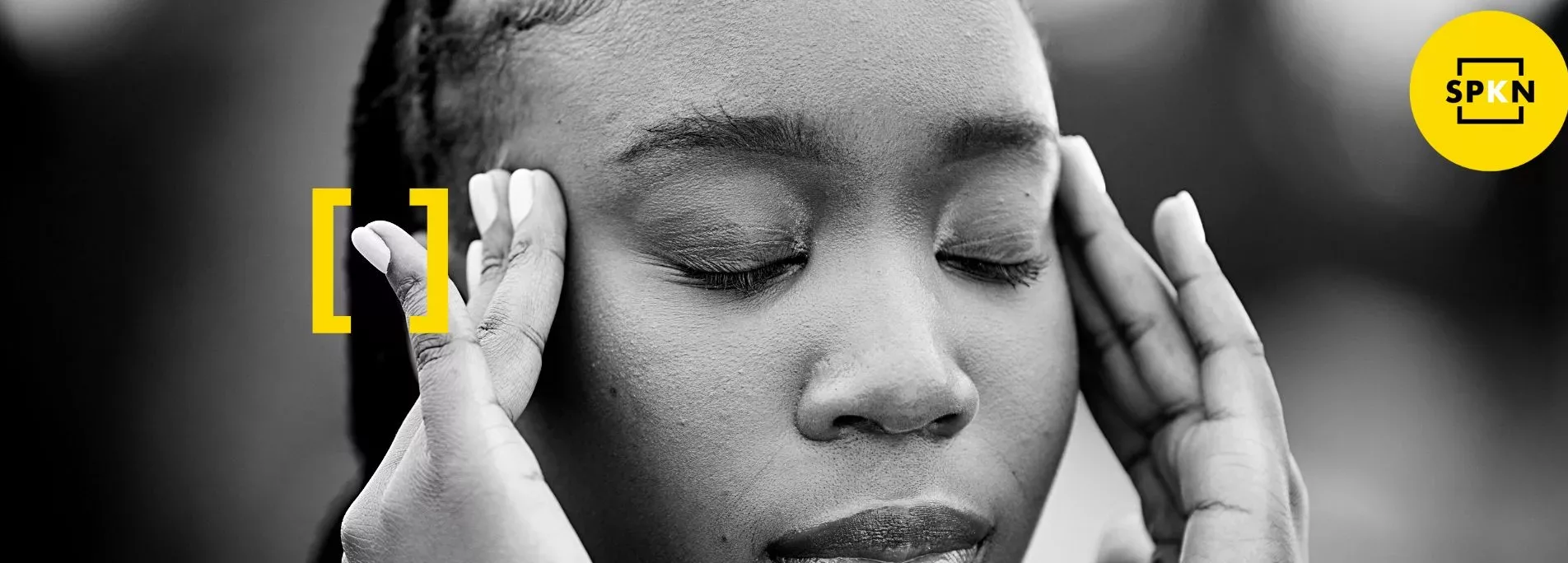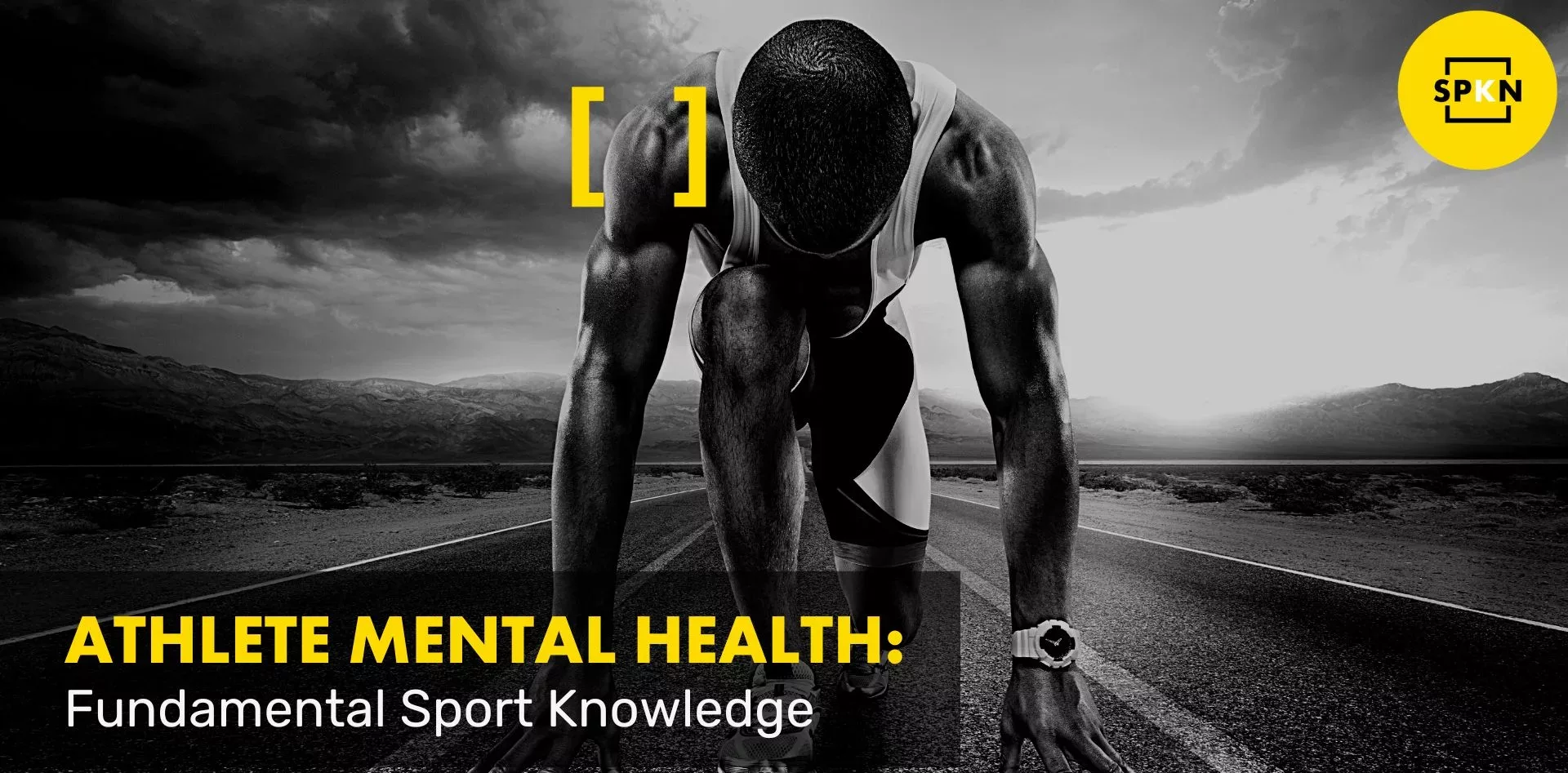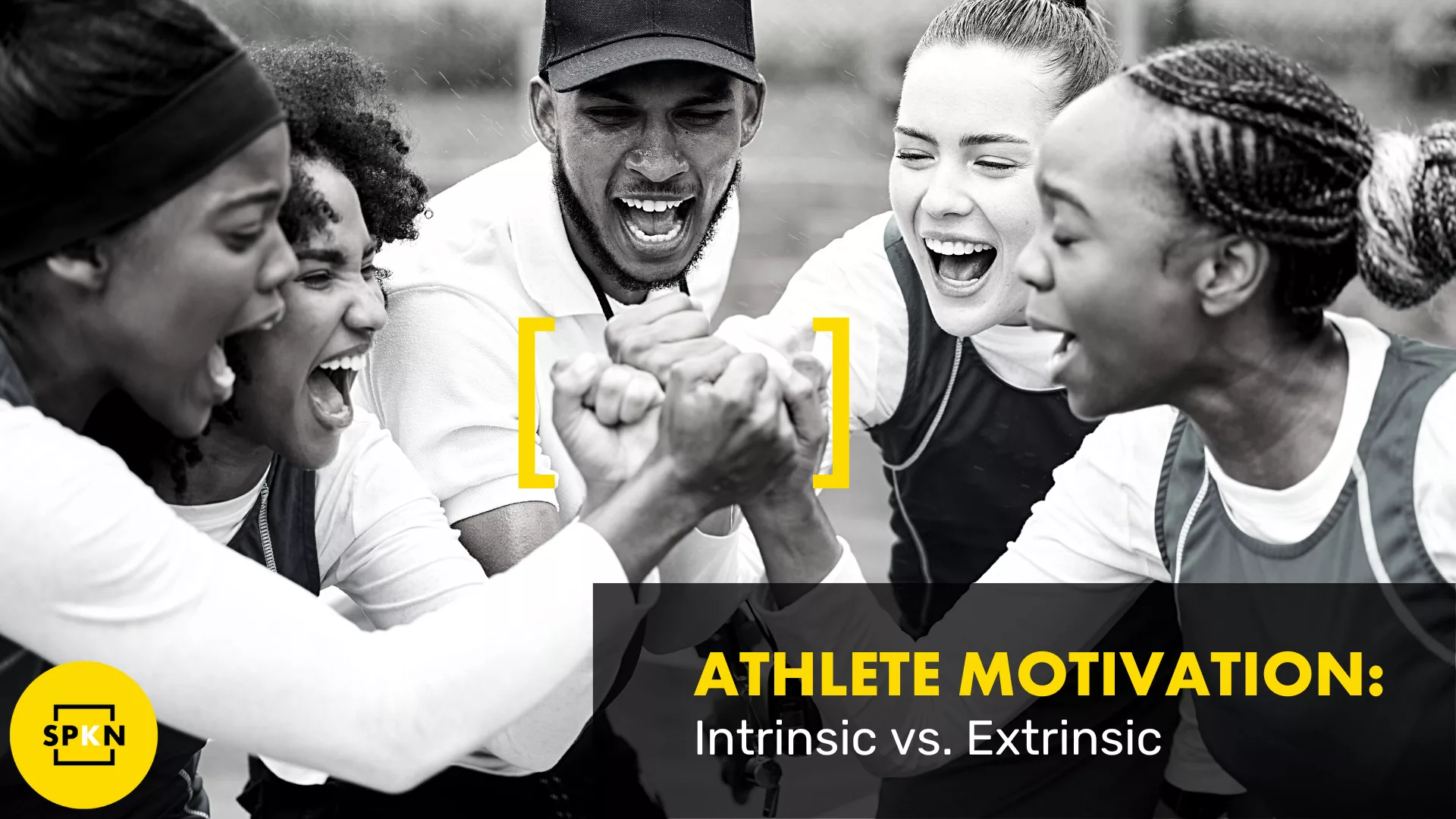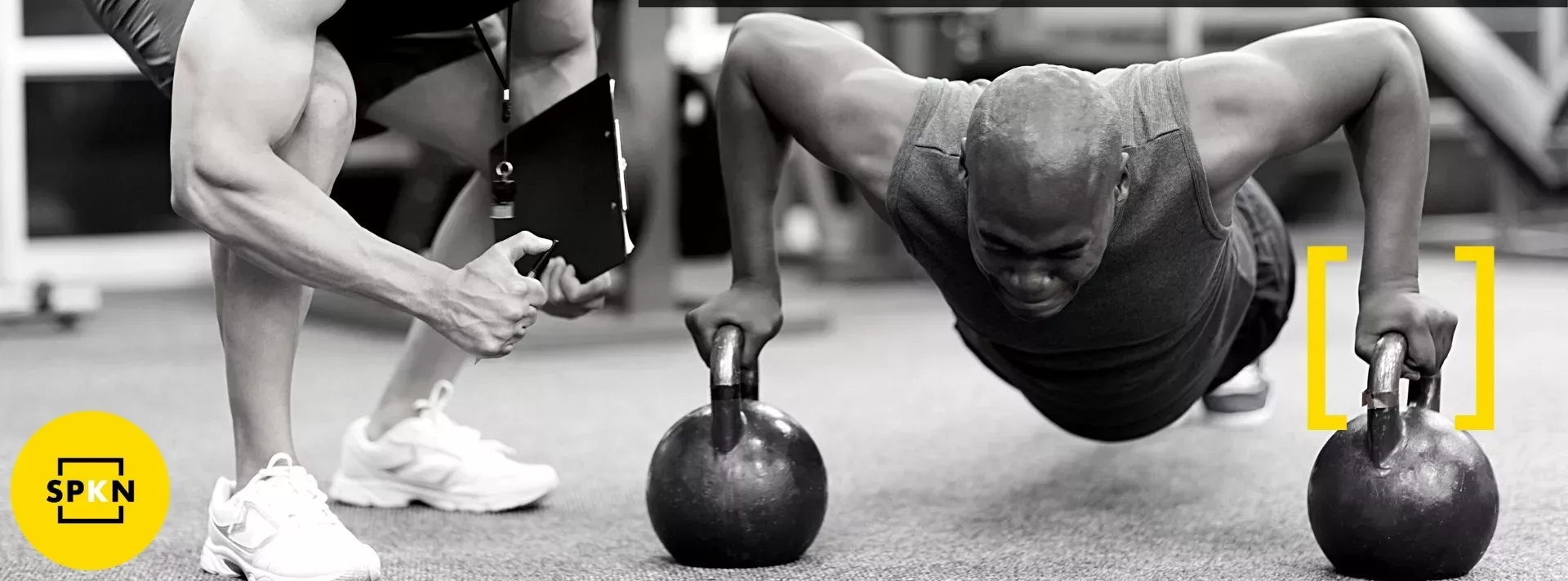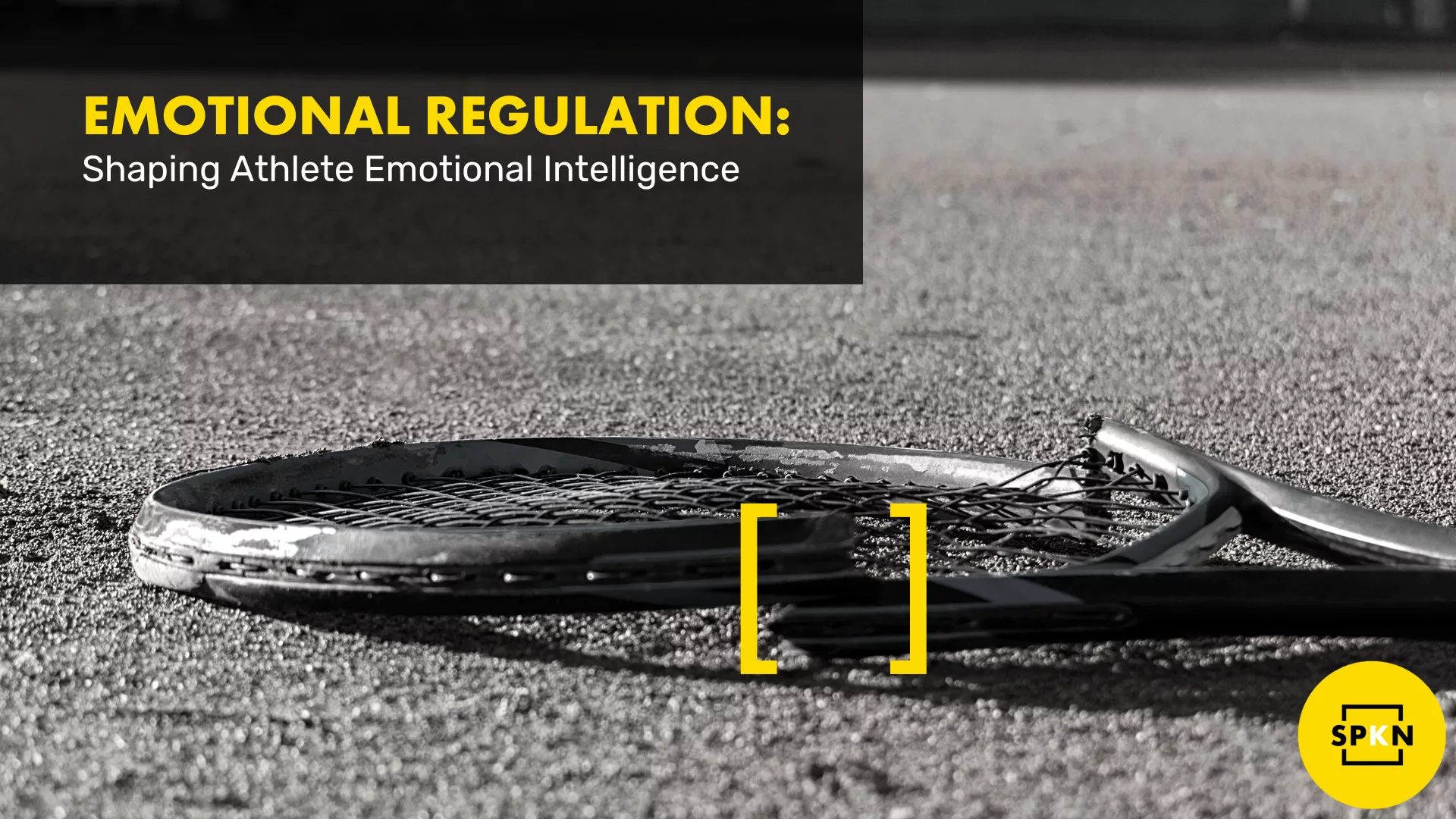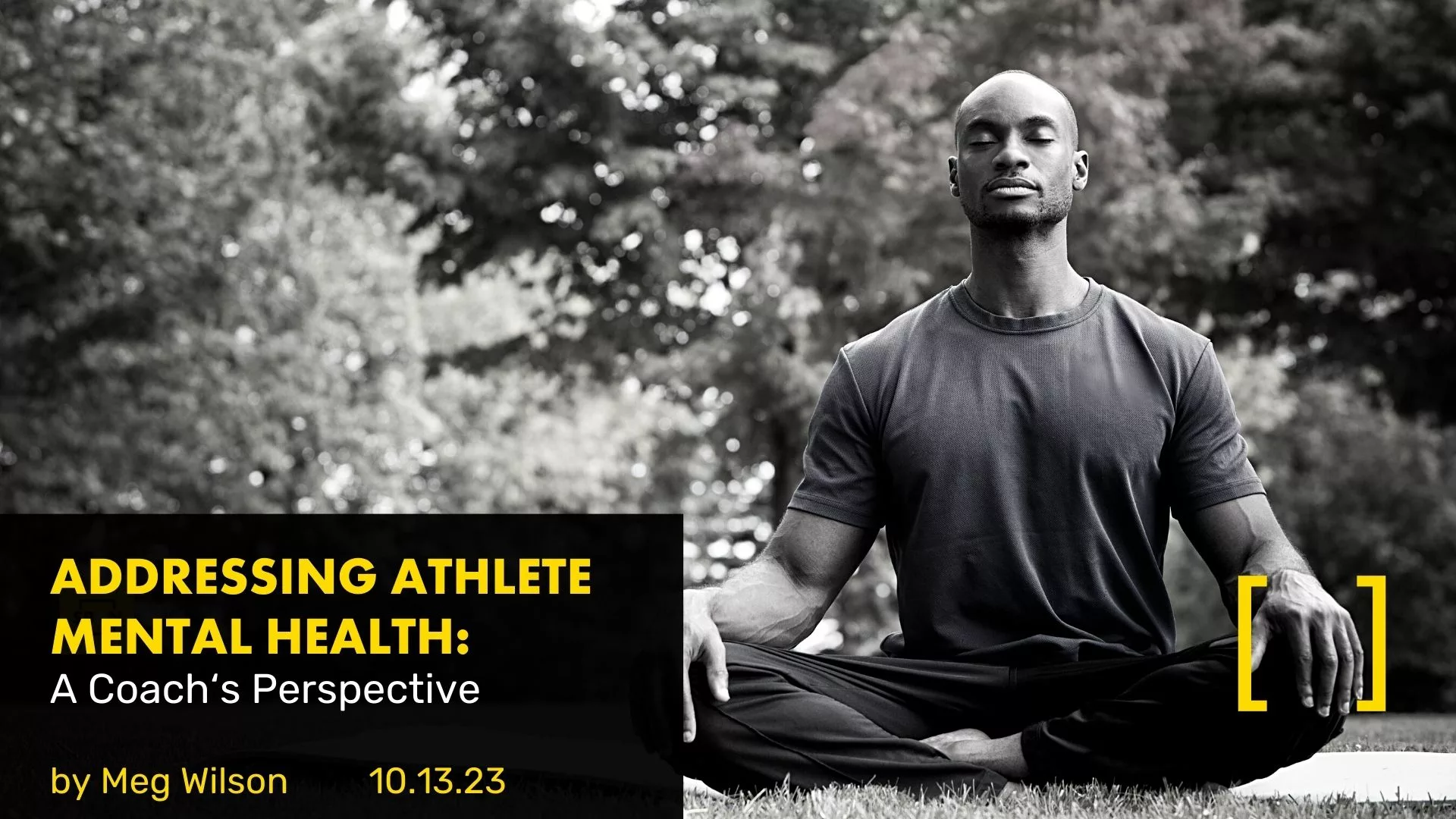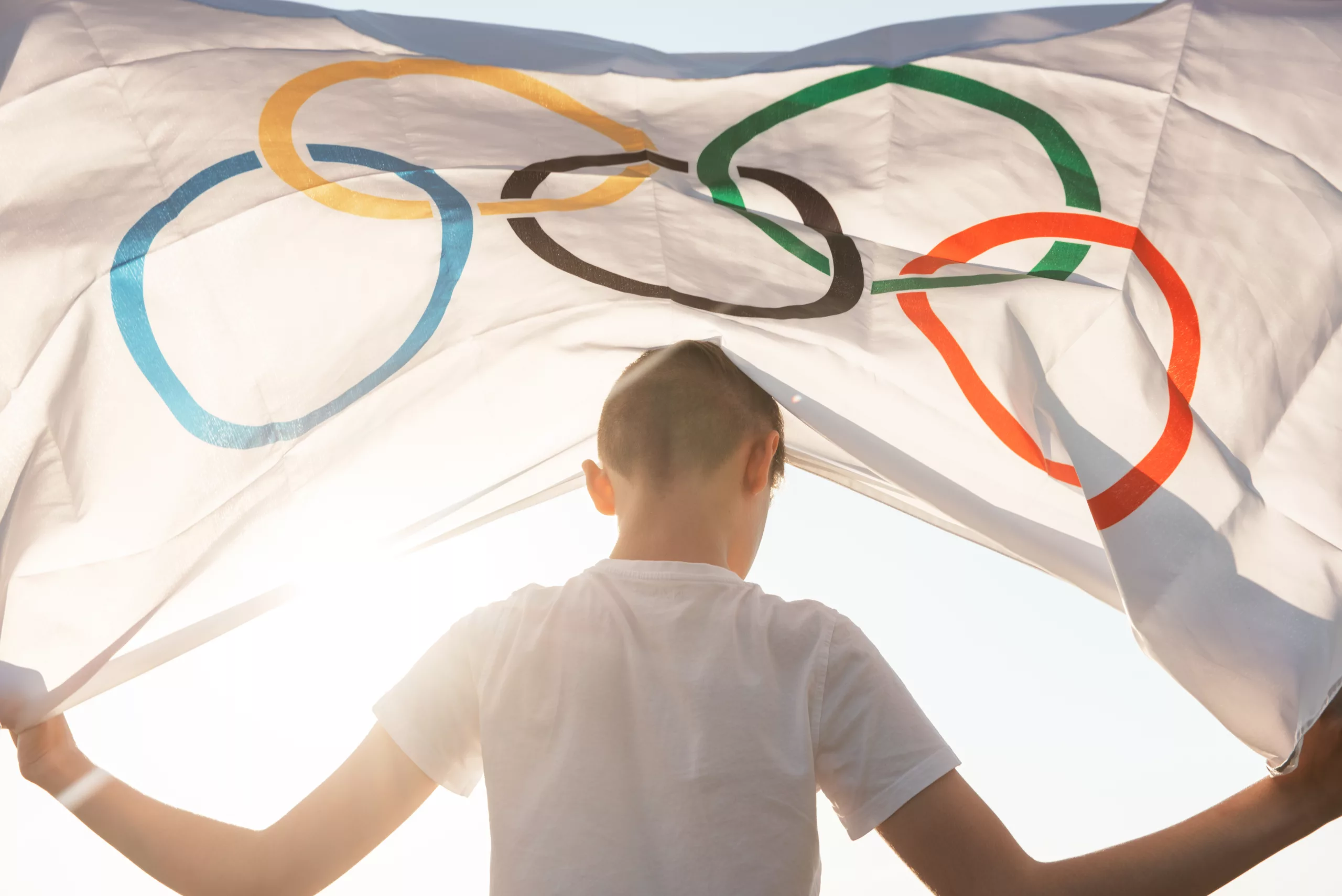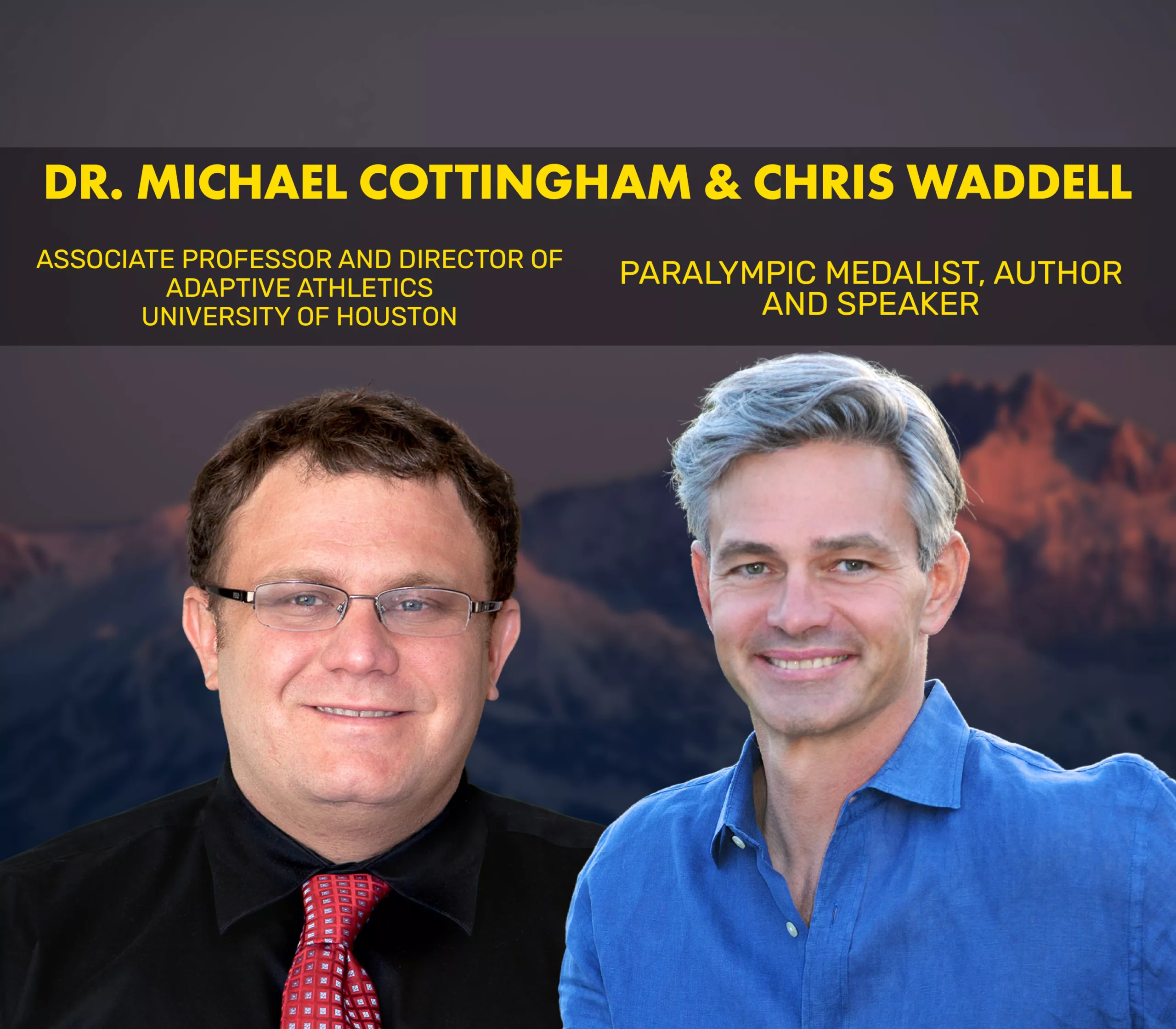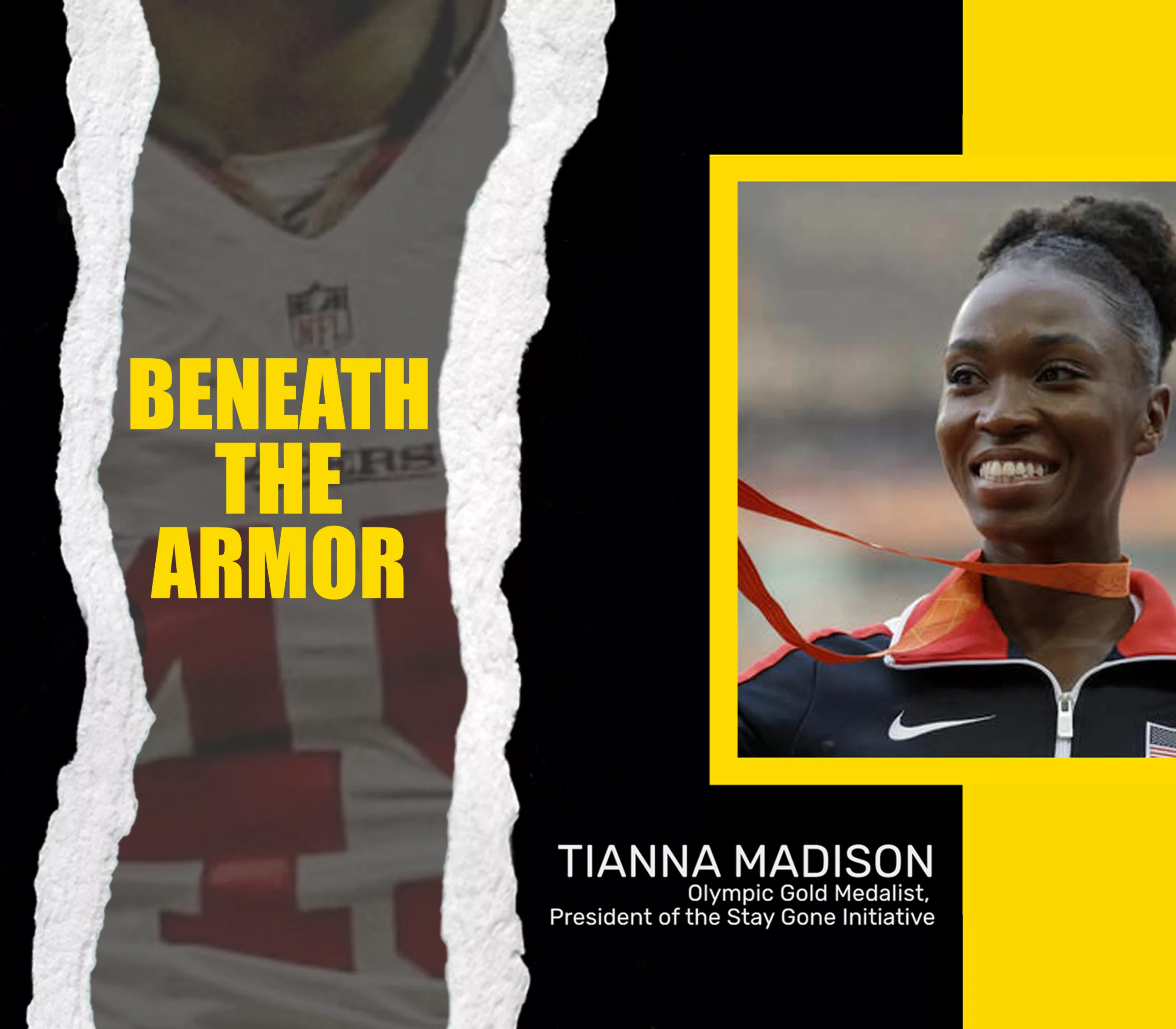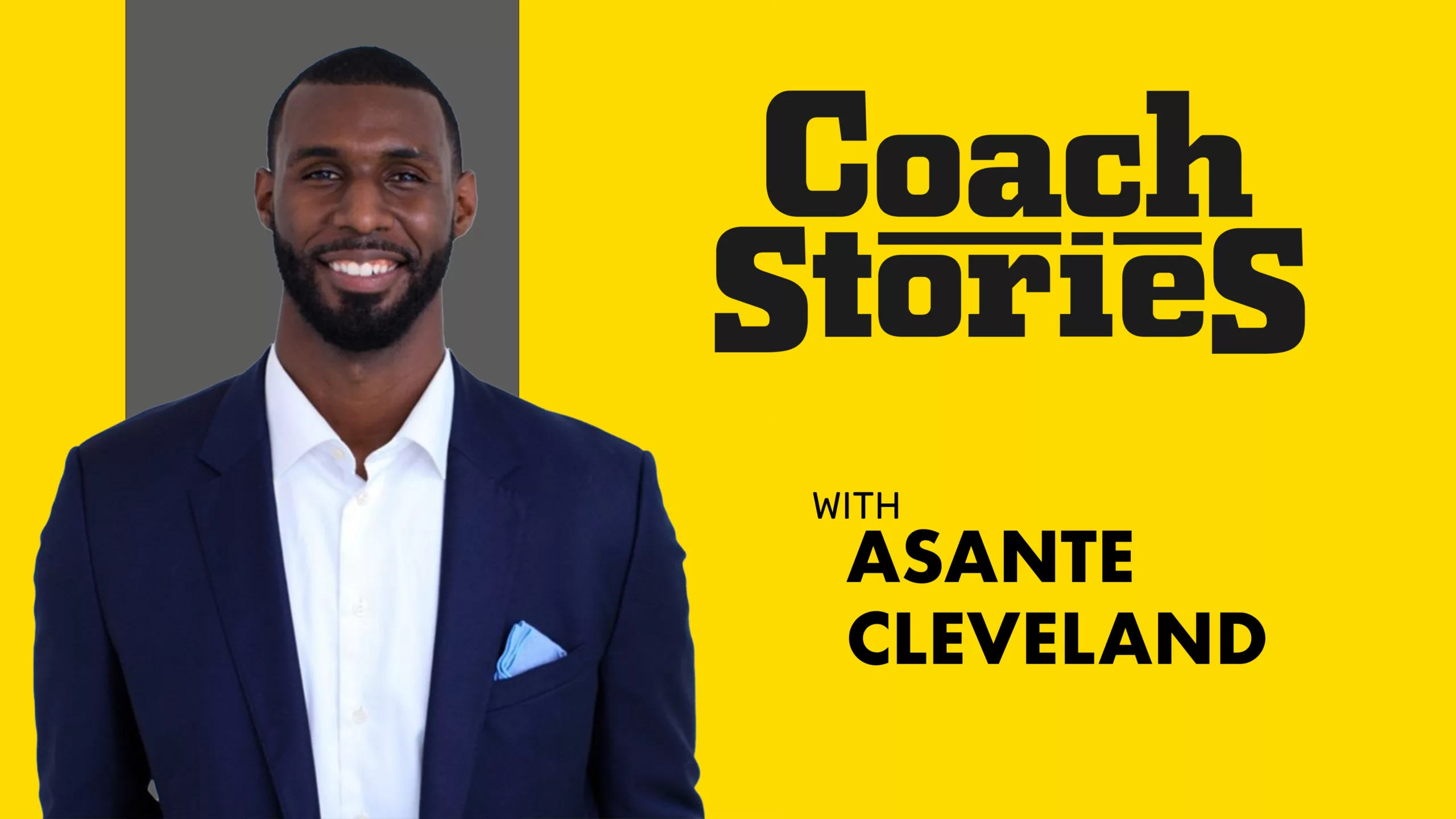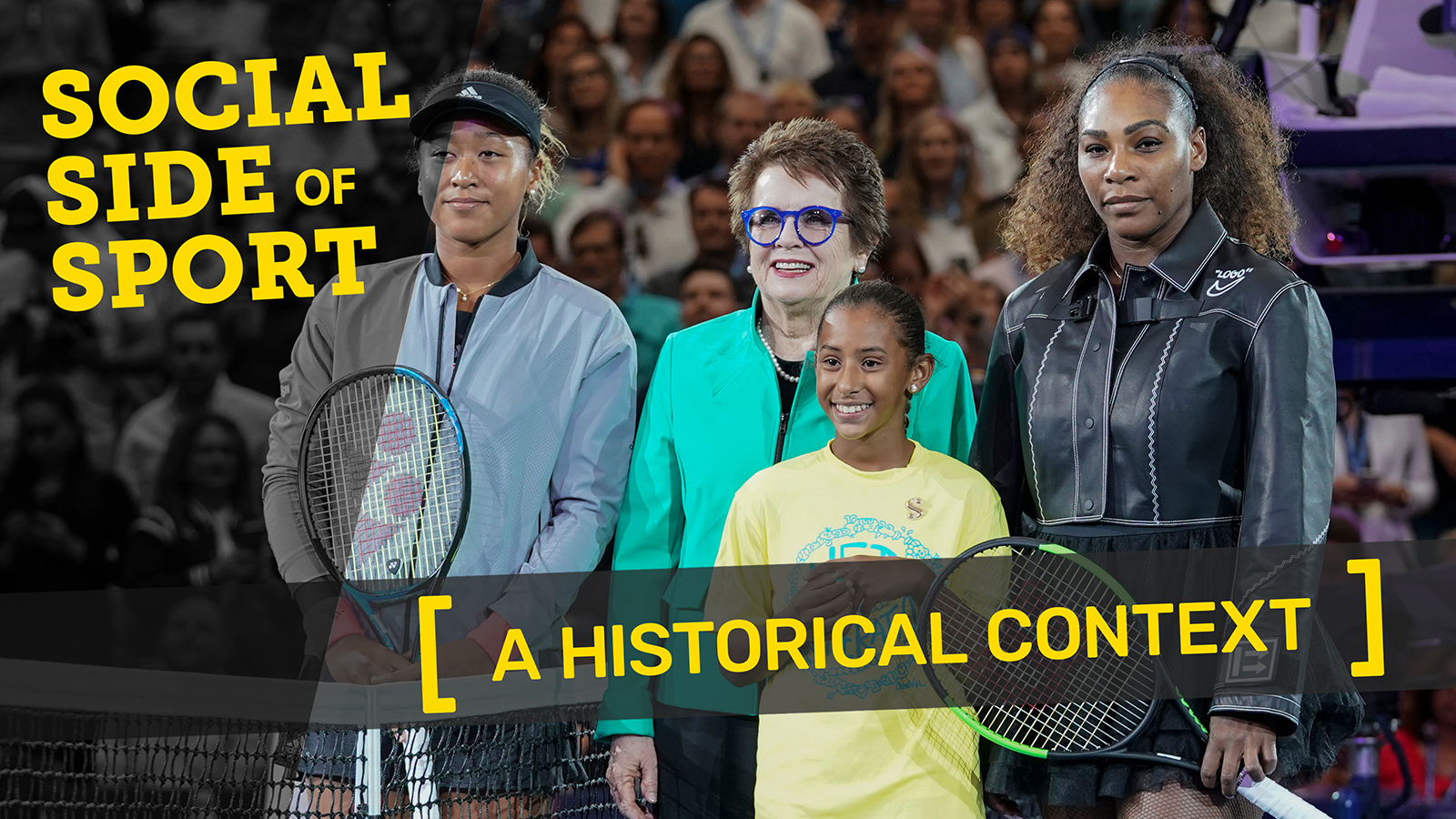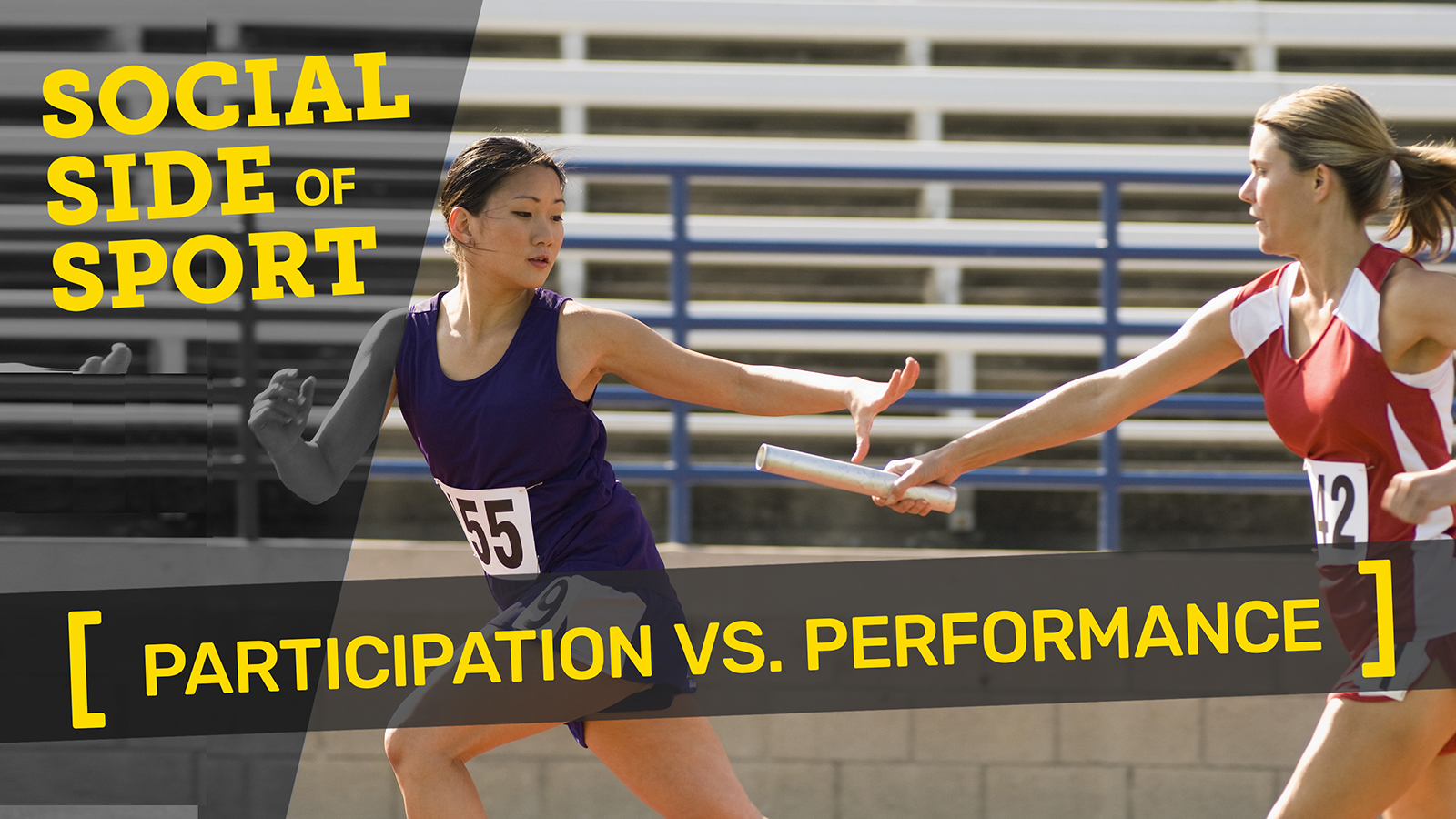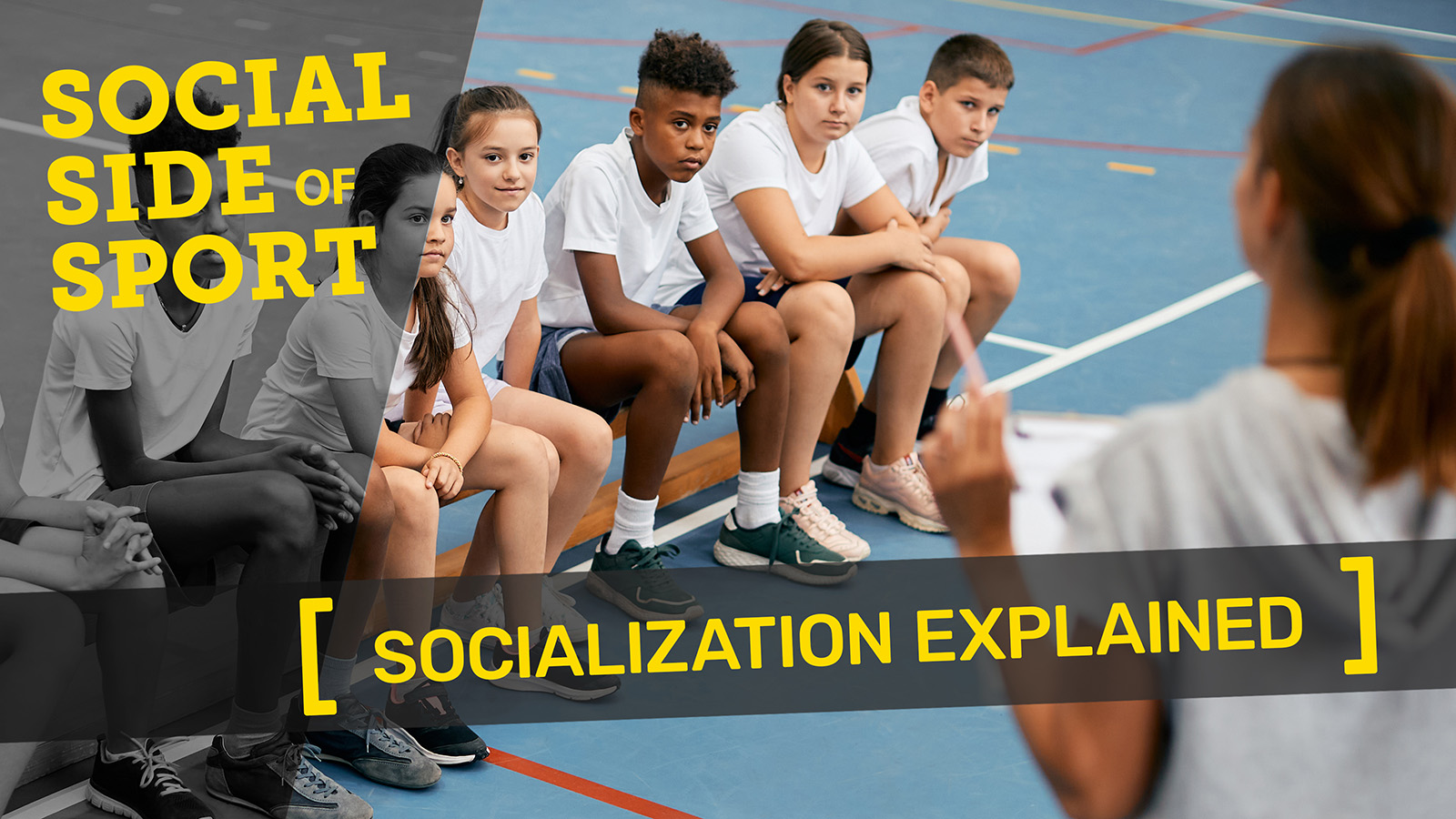Recovery means restoring and rejuvenating your body and mind when your energy and resources are depleted (Heidari & Kellerman, 2019). It can be looked at from different angles like how it affects your body, thoughts, actions, social interactions, and surroundings. Different aspects of recovery, like resting or regenerating, are part of the overall recovery process.
According to experts like Kellmann (2002) and Geurts and Sonnetag (2006), recovery helps your body return to its normal balance and rhythm after going through stressful events or situations like competitions or feeling bored. If you don’t take enough time to recover properly, it can lead to negative effects like feeling worn out, overtraining, or burnout, which can harm your overall well-being in the long run. On the other hand, a balanced state of recovery and stress can help you prepare for future challenges and perform at a high level (Raysmith & Drew, 2016).
Recovery is an ongoing process that builds up over time. It’s influenced by past activities and events that were stressful, your personal preferences, and the situation you’re in. For example, the way you recover in your everyday life might be different from how you recover while on vacation. Different people also have different ways of recovering that suit them best. The effectiveness of a recovery strategy depends on how well it matches the situation, so it’s important to adjust your recovery process based on the circumstances and your own history.
There are different types of recovery strategies (Kellmann, 2002). Active methods involve physical activities that help reduce fatigue, like doing a cool-down exercise routine after a competition (Nédélec et al., 2013). Passive recovery involves things like using compression clothing, using treatments that involve temperature or electricity, or simply resting and doing nothing. Proactive recovery means taking your own initiative and doing things that are personally beneficial and goal-oriented, like listening to audio books.
Geurts, S. A. E., & Sonnentag, S. (2006). Recovery as an explanatory mechanism in the relation between acute stress reactions and chronic health impairment. Scandinavian Journal of Work, Environment & Health, 32, 482 492.
Heidari, J., & Kellerman, M. (2019). In D. Hackfort, R. J. Schinke, & B. Strauss (Eds.), Dictionary of sport psychology: Sport, exercise, and performing arts. Academic Press.
Kellmann, M. (2002). Underrecovery and overtraining: Different concepts Similar impact? In M. Kellmann (Ed.), Enhancing recovery: Preventing underperformance in ath- letes (pp. 3 24). Champaign, IL: Human Kinetics.
Nédélec, M., Mc Call, A., Carling, C., Legall, F., Berthoin, S., & Dupont, G. (2013). Recovery in soccer. Part II Recovery strategies. Sports Medicine, 43, 9 22.
Raysmith, B. P., & Drew, M. K. (2016). Performance success or failure is influenced by weeks lost to injury and illness in elite Australian track and field athletes: A 5-year prospective study. Journal of Science and Medicine in Sport, 19, 778 783.


